13 GPTs for Book Discussion Powered by AI for Free of 2026
AI GPTs (Generative Pre-trained Transformers) for Book Discussion are advanced artificial intelligence tools designed to engage, analyze, and facilitate discussions on books. These tools leverage the power of machine learning and natural language processing to understand and generate human-like text responses. Ideal for analyzing themes, summarizing plots, comparing author styles, and generating discussion questions, they provide a tailored solution for enthusiasts, critics, and professionals seeking deeper insights into literature.
Top 10 GPTs for Book Discussion are: Literary Analysis,Book Summarizer,Book Summary Buddy,Literary Professor,Search for Lost Time in Less Time,Page Sage,Educated Helper,Lendo OP3C Com Mônica,Serenity Guide,Plot Master
Literary Analysis
AI-powered Deep Dive into Literature
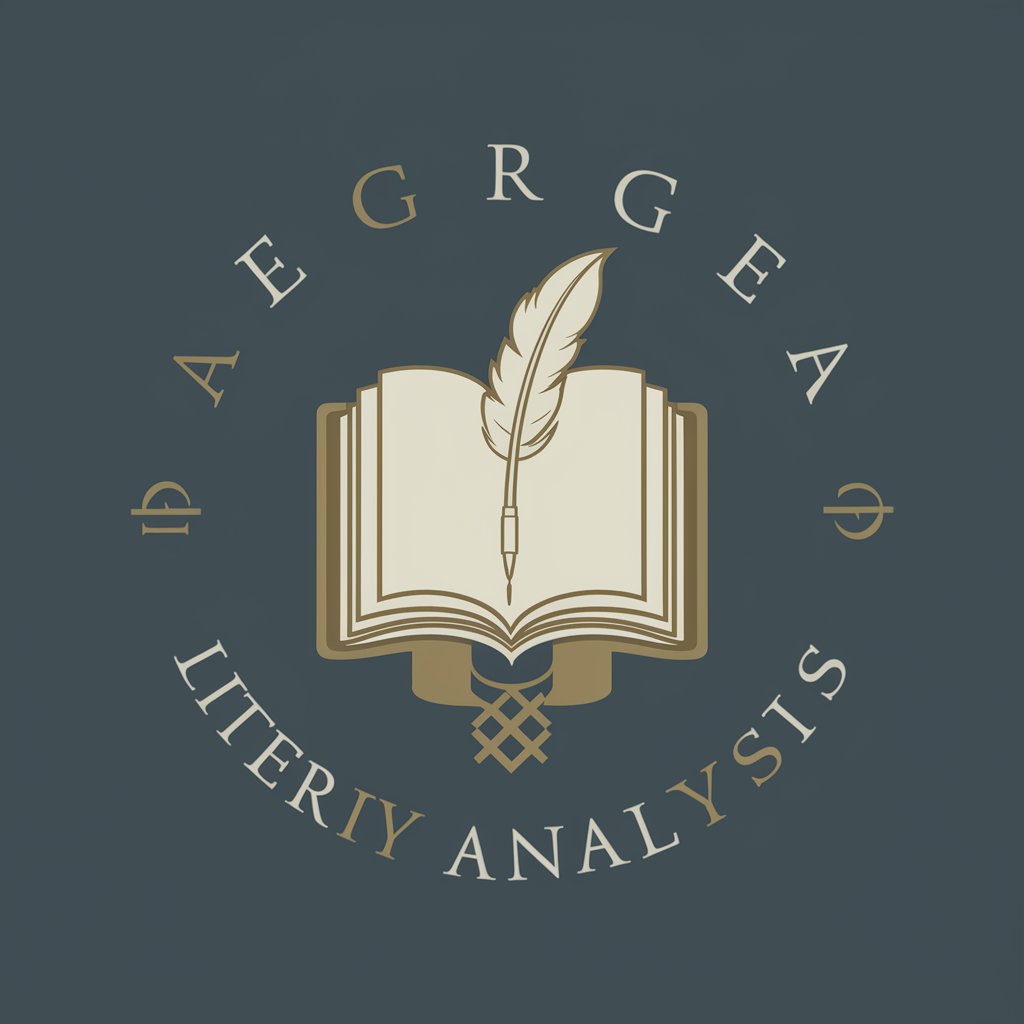
Book Summarizer
Unlock the Essence of Books with AI
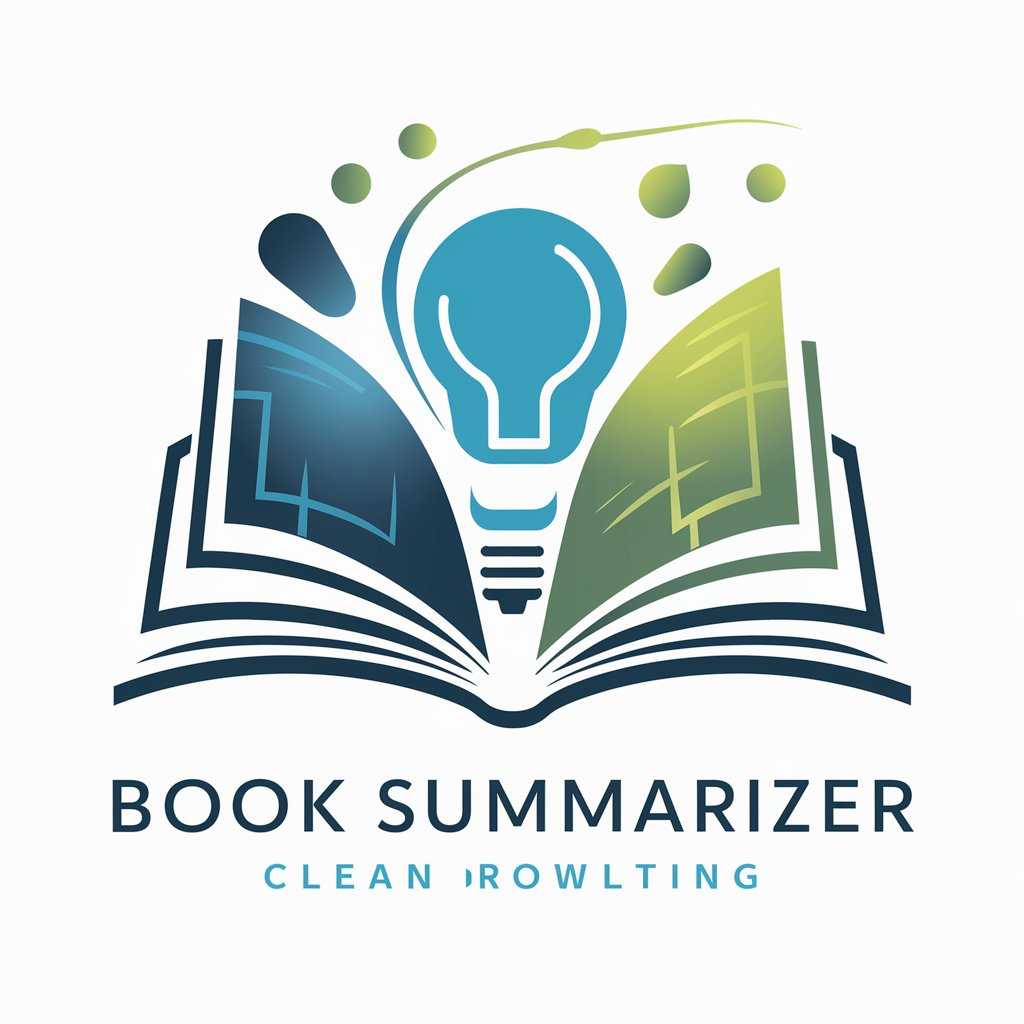
Book Summary Buddy
Summarizing books with AI precision
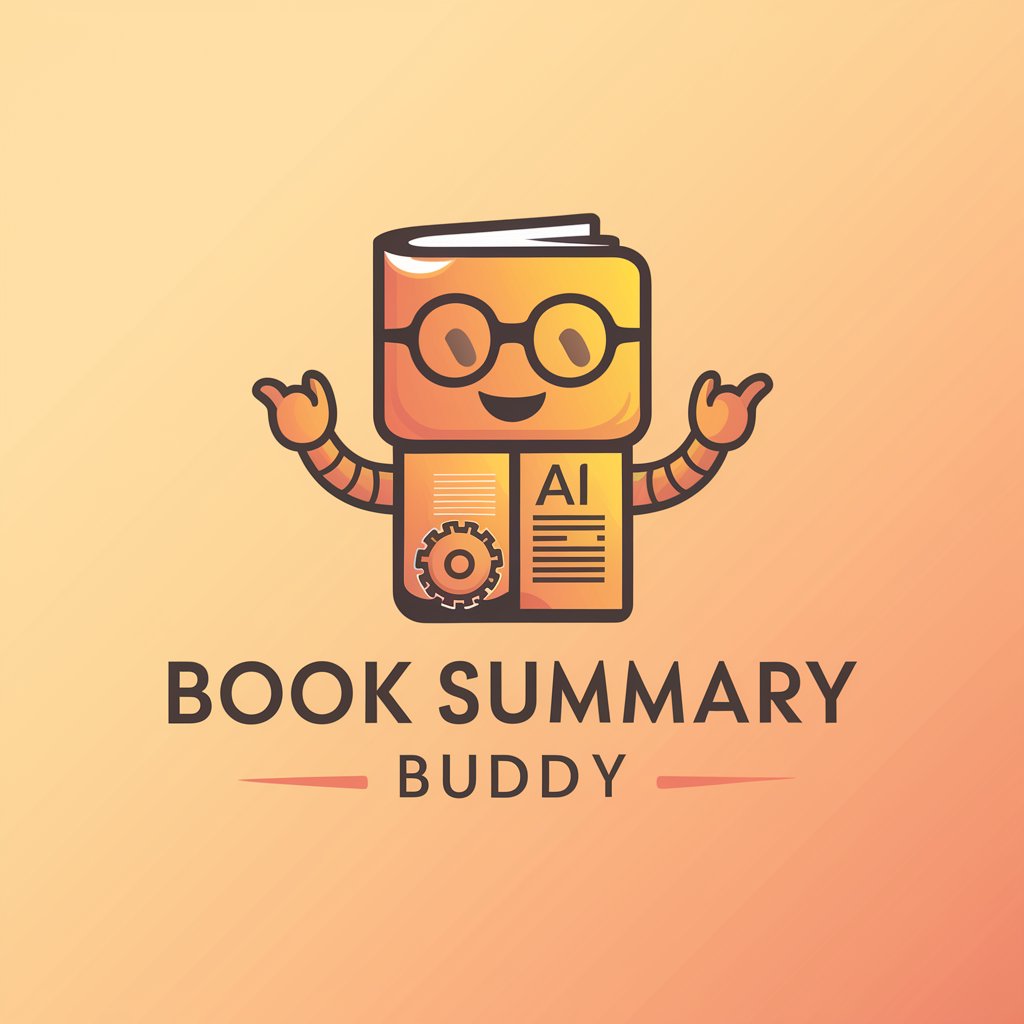
Literary Professor
Empowering literary exploration with AI.

Search for Lost Time in Less Time
Unlock Proust with AI-powered Insights
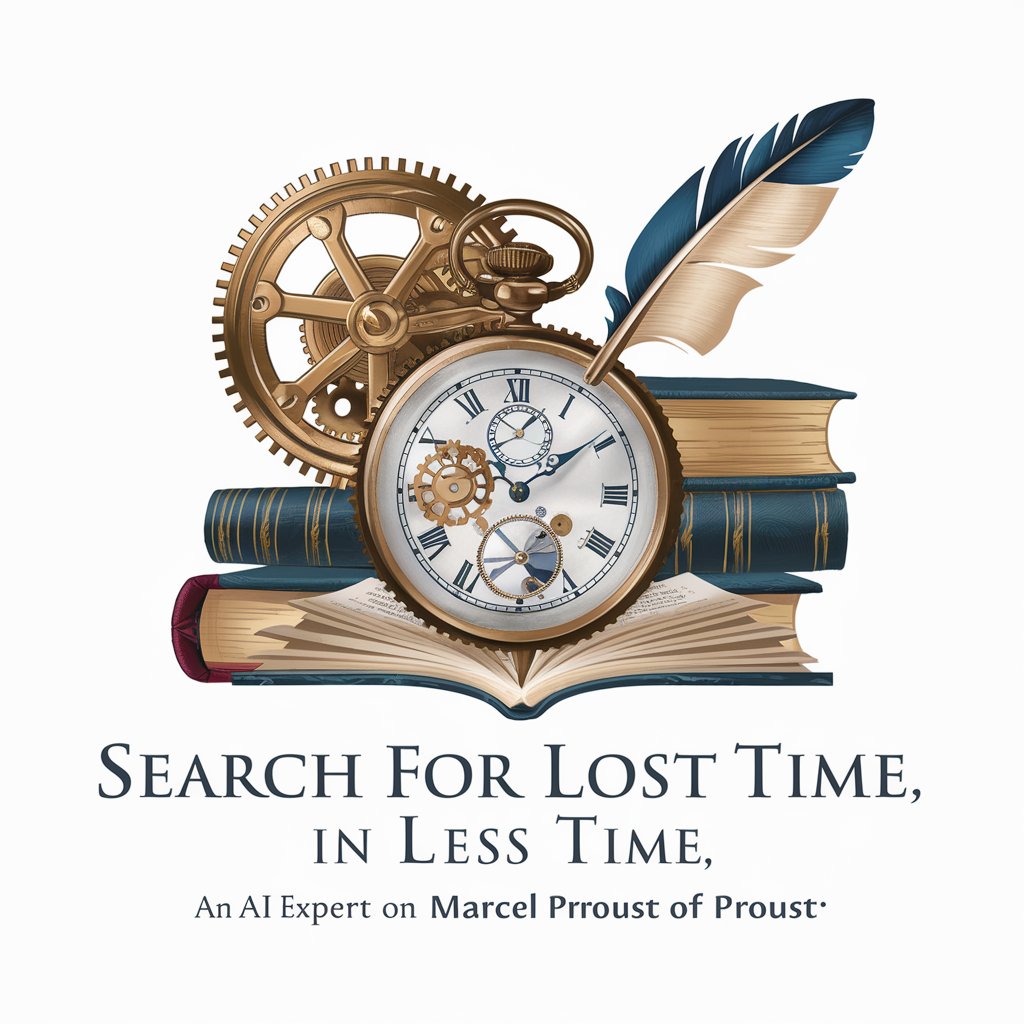
Page Sage
Enhance Your Literary Conversations
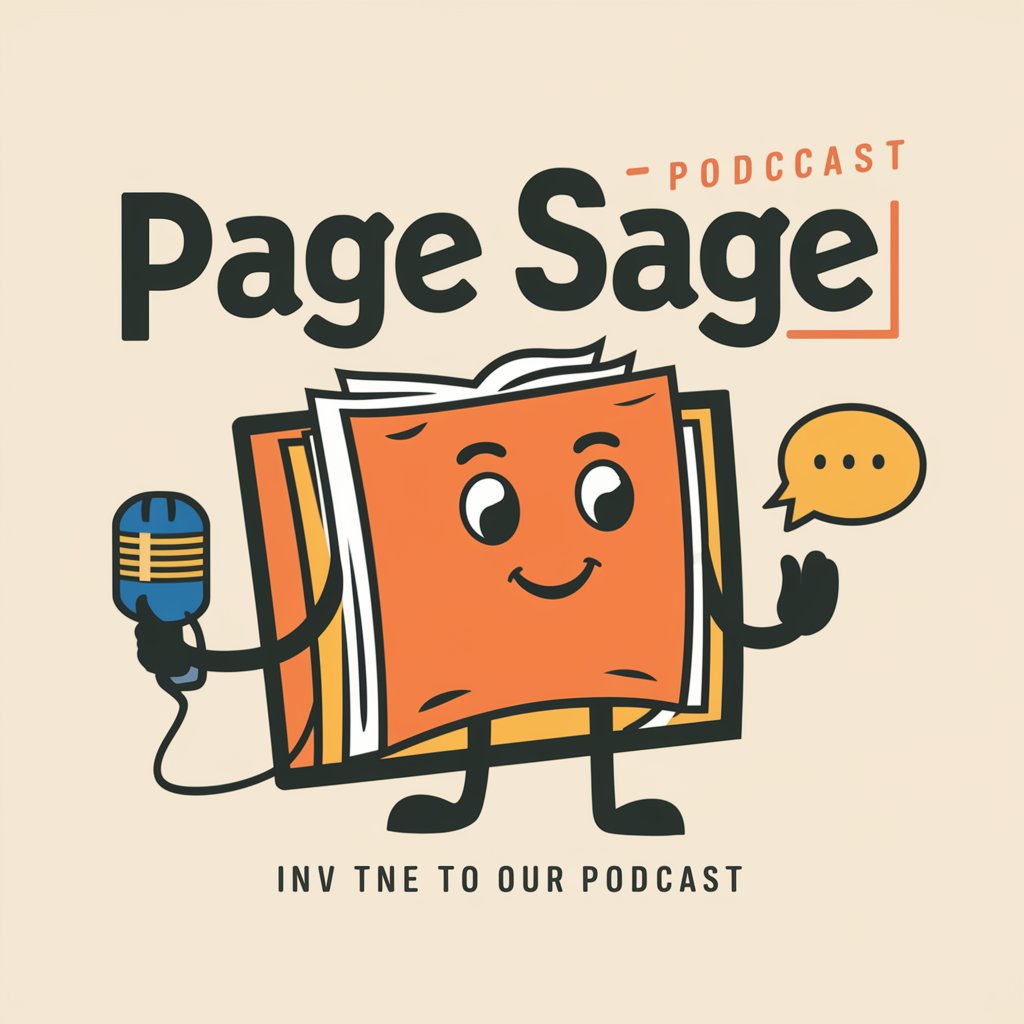
Educated Helper
Dive deeper into 'Educated: A Memoir' with AI-powered insights.

Lendo OP3C Com Mônica
Your AI-powered artistic mentor

Serenity Guide
Navigating anxiety through the power of literature and community.

Plot Master
Elevate Your Reading with AI
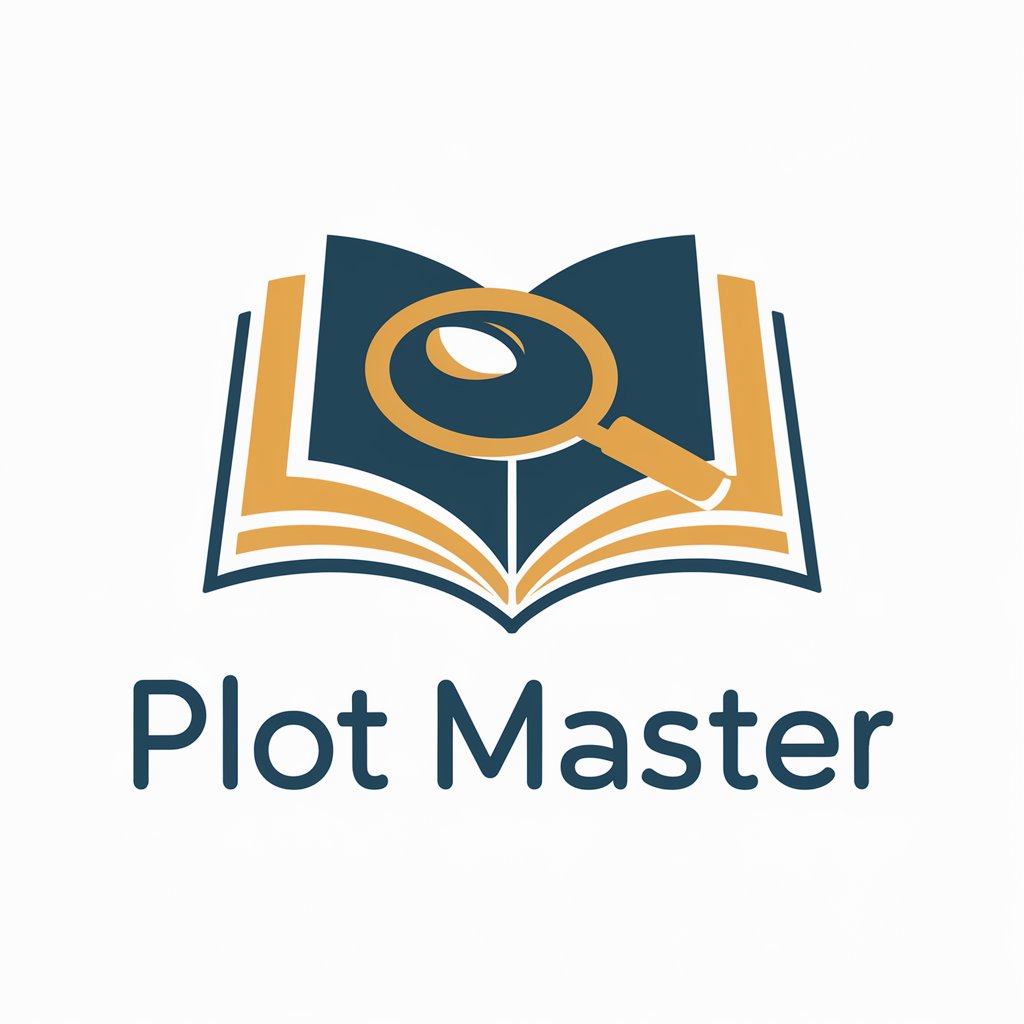
Analista Literario Personalizado
Unlock the Depths of Literature with AI
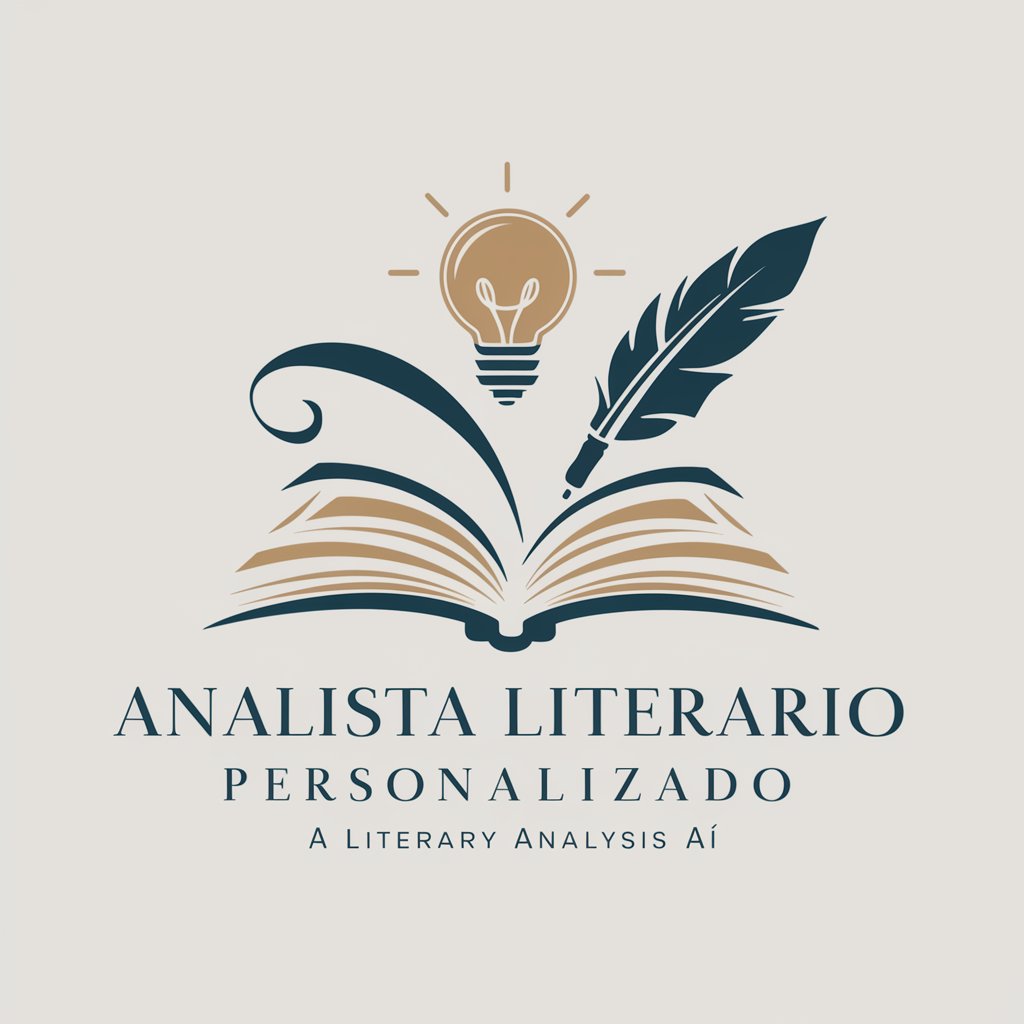
1984
Unlock the world of Orwell's 1984 with AI-powered analysis.
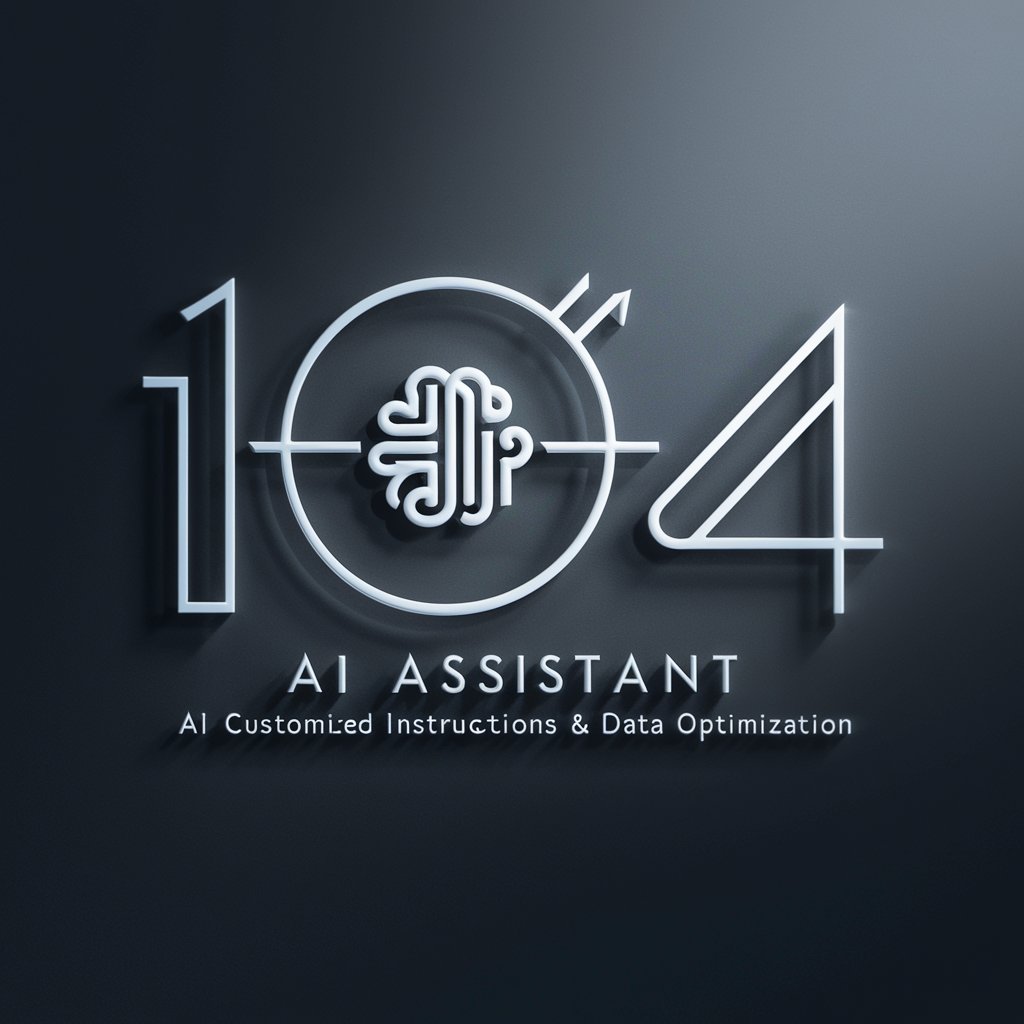
Warrior's Clan
Explore 'Warriors' with AI-powered precision

Unique Characteristics & Capabilities
AI GPTs for Book Discussion boast adaptability to various complexity levels, from generating summaries to deep thematic analysis. Key features include natural language understanding for nuanced conversation, sentiment analysis to gauge book reception, comparison algorithms for author style analysis, and question-generation capabilities to stimulate discussion. Specialized features like language learning enable discussions across different languages, while technical support and web searching capabilities enhance research quality.
Who Benefits from Book Discussion AI?
This technology serves a wide audience, including book clubs seeking engaging discussion prompts, literary critics analyzing themes and styles, educators incorporating literature into curricula, and developers creating book-related applications. Accessible to those without coding skills through user-friendly interfaces, it also offers customization options for developers and professionals, making it a versatile tool for various engagement levels within the book discussion community.
Try Our other AI GPTs tools for Free
Digital Pet Care
Discover how AI GPTs for Digital Pet Care revolutionize pet management with customized, intelligent support for health, training, and more.
90s Nostalgia
Dive into the world of 90s Nostalgia with AI GPTs, specialized tools designed to evoke the iconic.
Mood Setting
Discover how AI GPTs for Mood Setting can transform your digital experiences, offering personalized emotional engagement through advanced language and image generation.
Challenge Engagement
Explore AI GPT tools tailored for engaging challenges, designed to enhance creativity and problem-solving across diverse fields.
Festival Greetings
Discover the magic of AI-powered Festival Greetings! Craft personalized, culturally resonant messages for any celebration with ease and creativity.
Personalized Cards
Discover AI-powered tools for crafting unique personalized cards. Embrace creativity and efficiency with AI GPT technology designed for everyone.
Expanding Horizons with AI in Literature
AI GPTs for Book Discussion represent a significant advancement in how we engage with literature, offering new perspectives and deeper understanding. Their ability to integrate seamlessly with existing systems and workflows, coupled with user-friendly interfaces, ensures that they can be a valuable asset not just for literary analysis but also for education, content creation, and beyond.
Frequently Asked Questions
What exactly are AI GPTs for Book Discussion?
AI GPTs for Book Discussion are specialized AI tools designed to engage with and analyze literary content, facilitating rich discussions about books through advanced text generation and analysis capabilities.
Can these tools summarize any book?
Yes, they can generate summaries for a wide range of books, adapting to different genres and styles to provide concise overviews or detailed thematic analyses.
Do I need programming skills to use these tools?
No, many of these tools are designed with user-friendly interfaces that require no programming skills, making them accessible to a broad audience.
How do these tools enhance book discussions?
They offer deep insights into literary works, generate engaging discussion questions, compare author styles, and analyze themes, significantly enhancing the depth and breadth of book discussions.
Can AI GPTs analyze the style of any author?
While they are highly capable of analyzing and comparing different authorial styles, their effectiveness can vary depending on the complexity of the text and the specific characteristics of the author's style.
Are there customization options for developers?
Yes, developers can access APIs and programming interfaces to customize and integrate the AI's capabilities into their own applications or workflows, offering flexibility for specialized projects.
How do these AI tools handle multiple languages?
Many AI GPTs for Book Discussion are equipped with language learning capabilities, allowing them to understand and generate discussions in multiple languages, thereby catering to a global audience.
Can these tools generate new book ideas or content?
Yes, leveraging their generative capabilities, these tools can suggest new book ideas, plot twists, or even write entire passages, serving as a creative aid for writers and content creators.